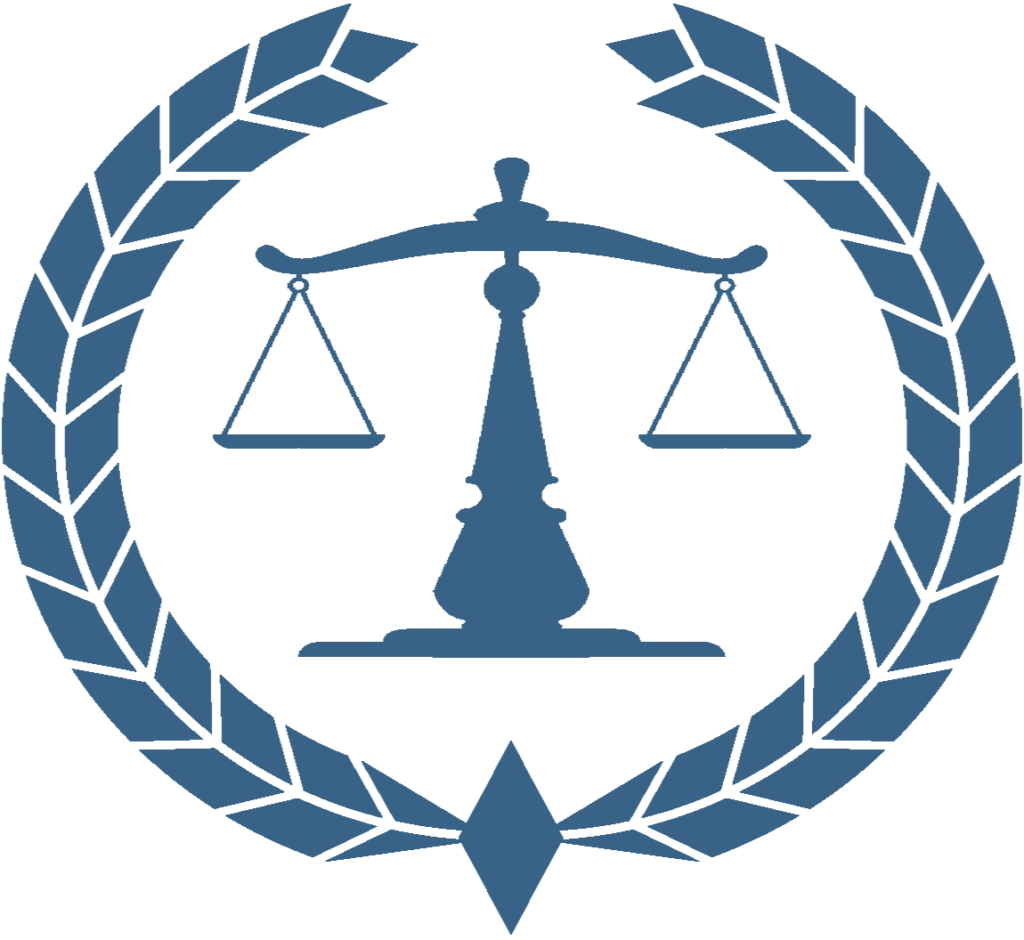Health Risk Issues
Affecting Landlords and Tenants Including Contamination Concerns
Page last modified : December 08 2023
If a tenant contracts the coronavirus, does the landlord or tenant sterilize the rental unit?
A Landlord is in charge of keeping communal areas including elevators, hallways, and lobby areas clean. If a tenant has coronavirus, the landlord may also be liable for sterilizing a contaminated rental property.
Additional inquiries concerning contamination concerns include:

Is a Landlord Responsible For Sterilizing to Protect Against Coronavirus?

Who Sterilizes a Rental Unit If a Tenant Gets Coronavirus?



Recognizing and Resolving Tenant and Landlord Concerns Resulting from COVID-19

Section 20(1) mandates that landlords must ensure the residential complex, including its rental units, remains in satisfactory condition for habitation, maintaining it in good repair and complying with health, safety, housing, and maintenance standards.
Particular Upkeep Tasks
Possibility of Sterilization and Contamination
According to the Act’s wording, whether the requirement to maintain the complex involves upkeep to the extent of meticulous sanitization and sterilization during a pandemic remains undefined. Additionally, with no precedent cases in law, this aspect remains uncertain. While the Act specifies that landlords are accountable for ensuring rental units are “fit for habitation” and adhere to “health” standards, the definition of health standards remains unclear. Section 20 of the mandate seems to suggest that a landlord might.
The Act’s interpretation regarding a landlord’s responsibility for sterilizing a rental unit exposed to coronavirus remains speculative. It’s uncertain whether the Landlord Tenant Board would mandate such action. However, beyond potential obligations under section 20, concerns extend to liability for other tenants and visitors. If a tenant in a multi-tenanted unit contracts Covid-19, landlords may not solely claim it’s the tenant’s responsibility to sanitize post-recovery, especially if leaving the unit contaminated raises concerns among other tenants. Landlords face potential liabilities if others contract the virus due to exposure within the building, potentially leading to serious legal repercussions. Even if section 20 doesn’t explicitly impose cleaning duties, the risk of broader legal issues persists.
Highlighted Remark
These times are unparalleled, and undoubtedly, unique legal challenges will arise. How the law will navigate these issues remains uncertain. However, proactive communication, respectful interaction, and offering considerate accommodations can help landlords and tenants prevent or minimize legal disputes. Such approaches not only reduce the chances of legal issues but also foster quality relationships between parties.
Learn About :
Shemesh Legal Offices attends:
Tenant-Landlord Board
10265 Yonge St unit 200, Richmond Hill,
ON L4C 4Y7, Canada

